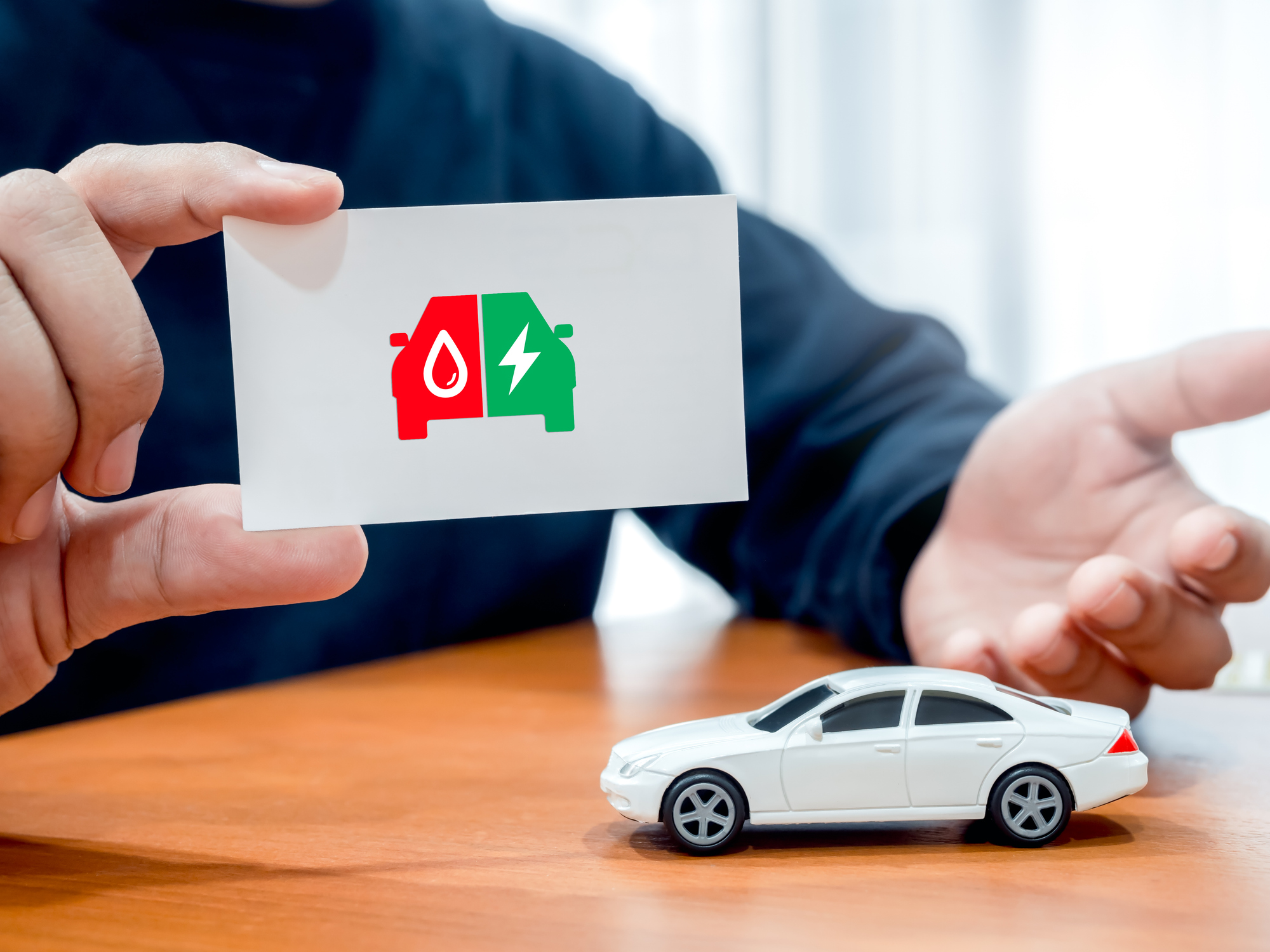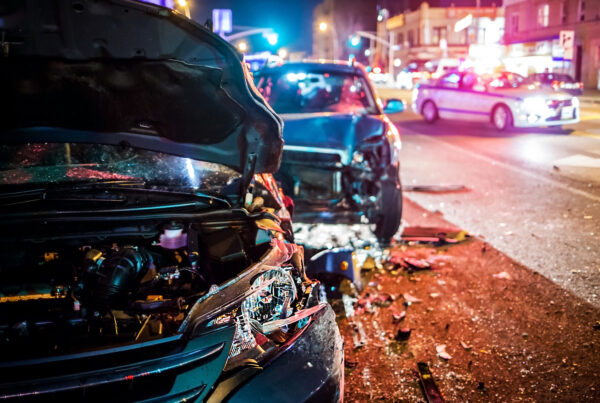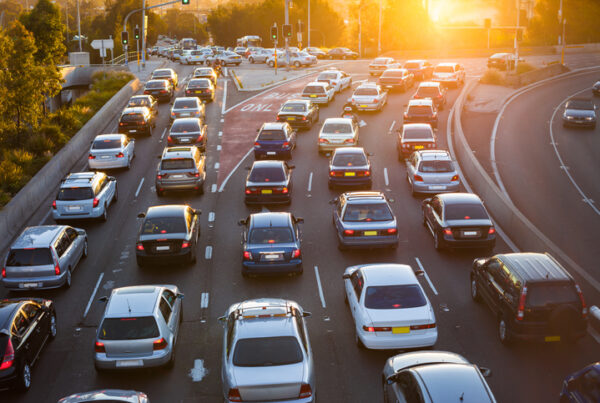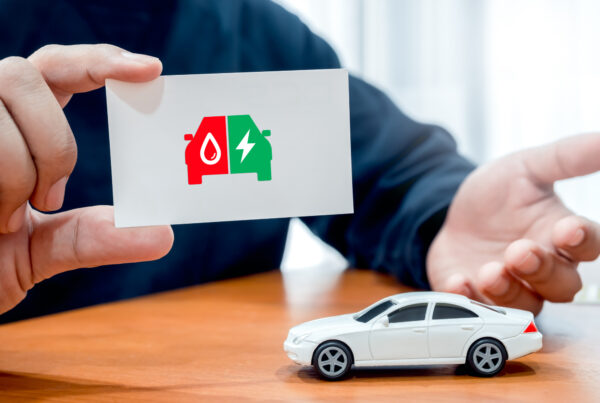Experts from the Institute for Energy Economics and Financial Analysis (IEEFA) are urging Indonesia to shift to electric vehicles instead of biodiesels. The Indonesian government has announced plans to build another methanol plant to support its biofuel goals. However, according to the IEEFA’s report, Indonesia’s current climate and national fleet may not be apt for methanol fuel use.
INDONESIA AND METHANOL
The Energy and Mineral Resources Ministry has invested in a USD 1.2 billion (AUD 1.85 billion) ethanol and methanol plant. Minister Bahlil Lahadalia announced that Indonesia’s yearly methanol requirement is at 2.30 million tonnes, while production is at 500,000 tonnes per year.
Currently, Indonesia only has one methanol plant in East Kalimantan. This facility has the production capacity of 660,000 tonnes per year. In addition to this, the government aims to build two more plants by the year 2030.
The first will be built in Bojonegoro region and has an expected production capacity of 800,000 tonnes per year. The second will be constructed in Nangroe Aceh Darussalam, though no further details have been announced yet. Both projects are supported by state-owned fertiliser company, PT Pupuk Indonesia.
The construction of the Bojonegoro plant is expected to finish by 2027, according to an article published last March. These plants are meant to boost methanol production as Indonesia mostly imports its stock of the chemical.
Methanol is key to Indonesia’s fuel transition goals and biodiesel production. Its government aims to accelerate use of alternative fuels such as B40 and B50 through its programs. So far, the government successfully implemented its B40 mandate last February. By 2026, they expect to launch their B50 mandate as well.
“This initiative cannot be realized without methanol. We need approximately 2 to 2.3 million tons of methanol. This is a form of downstream development in the gas sector,” Lahadalia said during a broadcasted meeting between the Energy and Investment ministries.
RISKS OF METHANOL
While biodiesel use can support Indonesia’s alternative energy goals, the IEEAF’s report reveals that methanol production is especially risky for the archipelago. The IEEAF cited a study conducted by the International Council on Clean Transportation (ICCT) in 2021, saying that Indonesia’s inherent climate and current national fleet increase risk for fuel condensation.
According to the ICCT paper: “Indonesia’s current infrastructure and vehicle fleet were not designed to handle alcohol fuels. It is widely known that utilizing mid-level gasoline-alcohol blends in unmodified fuelling infrastructure and vehicles could lead to poorer driving performance and material compatibility issues with retail fuel pumps and fuel systems, especially in older vehicles.”
In an even earlier study, the organisation found dimethyl ether (DME) and methanol production will be “uneconomical” for Indonesia, based on the experiences of a similar facility in China.
“What top planners have missed, however, is that technical viability is not the same as financial viability,” the report said. “The coal-to-DME process has been tried in other coal-rich countries but it has never been deployed at scale.”
ANOTHER ALTERNATIVE
Experts argue that aside from alternative fuels, there is another zero-emission option: electric vehicles (EV). “Expanding the use of EVs, particularly motorcycles, offers a lower-risk, less complex, and cost-effective solution than blending methanol,” wrote the analyst behind the IEEAF article.
Indonesia is not lost on the shift to EVs. The archipelago is also taking significant steps in expanding EV use among its citizens. EVs have a substantial presence in the country, though use of petrol is still prominent.
Fortunately, both public and private organisations are making the transition easier for Indonesians. For example, BYD and state electricity company PLN have made EV charging ports more frequent and convenient for drivers across the country. The entry of VinFast into Indonesia’s auto market also brings with it a bevy of chargers to be installed nationwide.
Following this, BYD also announced that it is building its first Southeast Asian factory in Indonesia, set to start construction in 2026. Similarly, the region’s first EV battery factory by Hyundai and LG is located in Sulawesi finished construction last October 2024.
The government also announced tax incentives for both EV makers and buyers in early 2025. They revealed that they are looking into more incentives for low-emission vehicles, not just EVs.
It appears that Indonesia is using more than one method to encourage citizens to use alternative fuel vehicles. There has not yet been any recorded acknowledgment or response from the Indonesian government regarding the IEEAF’s findings.
Was this article interesting? Leave us a like to let us know!














